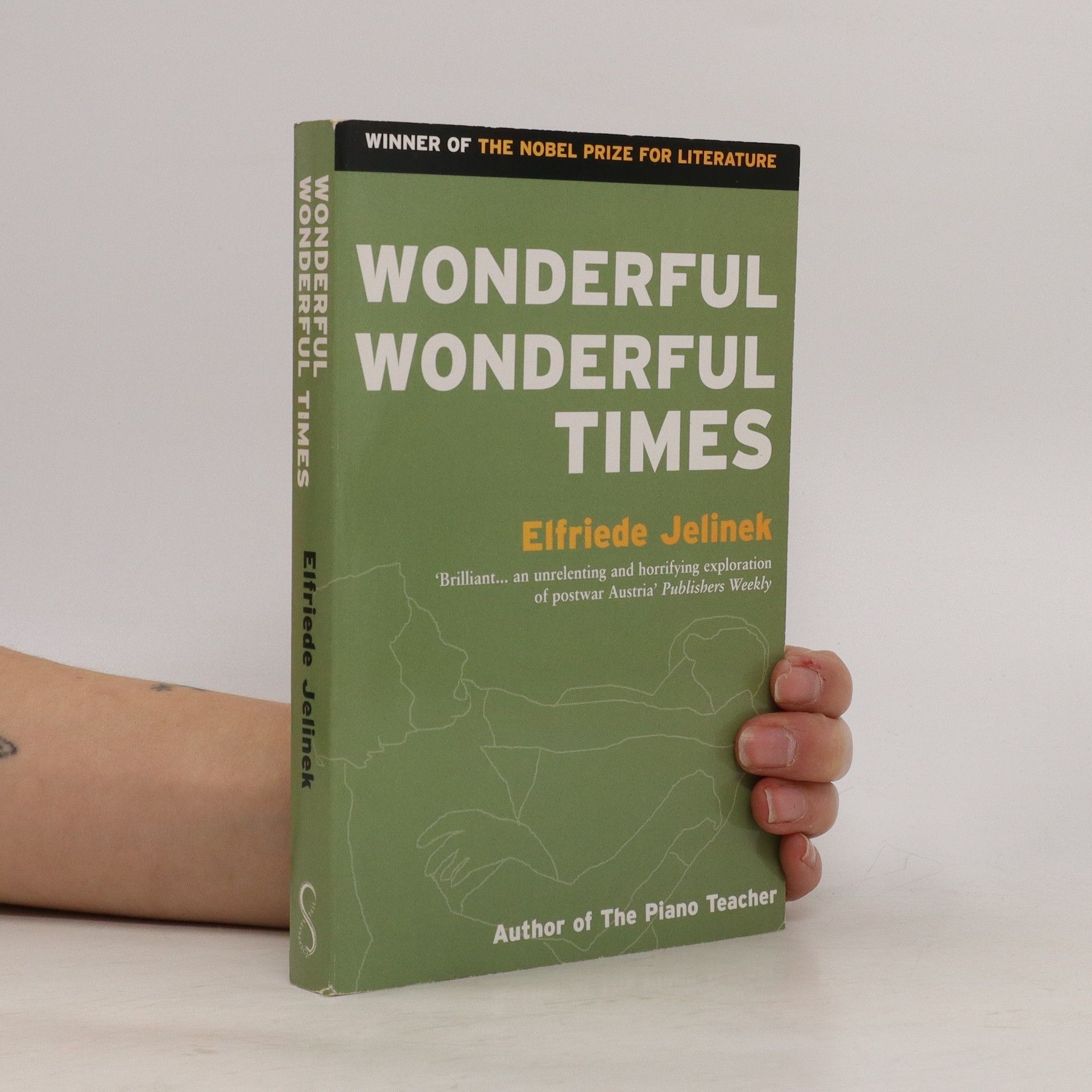Las amantes
- 194 páginas
- 7 horas de lectura
Brigitte y Paula se quedan embarazadas. Se casan. ¿Lo hacen por ambición o por amor? ¿Qué valores guían a estos personajes? ¿Qué concepto tienen del amor? Las amantes, relato lúcido e impactante sobre la realidad cotidiana, es una crítica aguda y mordaz a la condición de la mujer en Occidente y al destino al que está encadenada. Jelinek, la autora más controvertida de la literatura europea contemporánea, construye una parodia de la novela rosa, escrita con ironía y sarcasmo, sutil y gélida al mismo tiempo, en la que la narración desgrana la vida y los sentimientos de tantas y tantas mujeres.Elfriede Jelinek (Würzzuschlag, Austria, 1946) ha recibido el Nobel de literatura de 2004. Convencida defensora de los derechos de la mujer, su visión crítica de la sociedad y su compromiso político y social la han convertido en una escritora polémica, amada por muchos y odiada por otros. Se la considera la mejor autora en lengua alemana de su generación. Ha publicado teatro, poesía, novela, guiones de cine, televisión y radio. Sus obras se han traducido a más de 15 idiomas y ha recibido un docena de premios literarios de renombre. Sus novelas más conocidas son La pianista, Lust o Los excluidos. Elfriede Jelinek es leída, observada, escuchada y discutida con fervor por hombres y mujeres de todas las generaciones. Su obra no deja indiferente.





